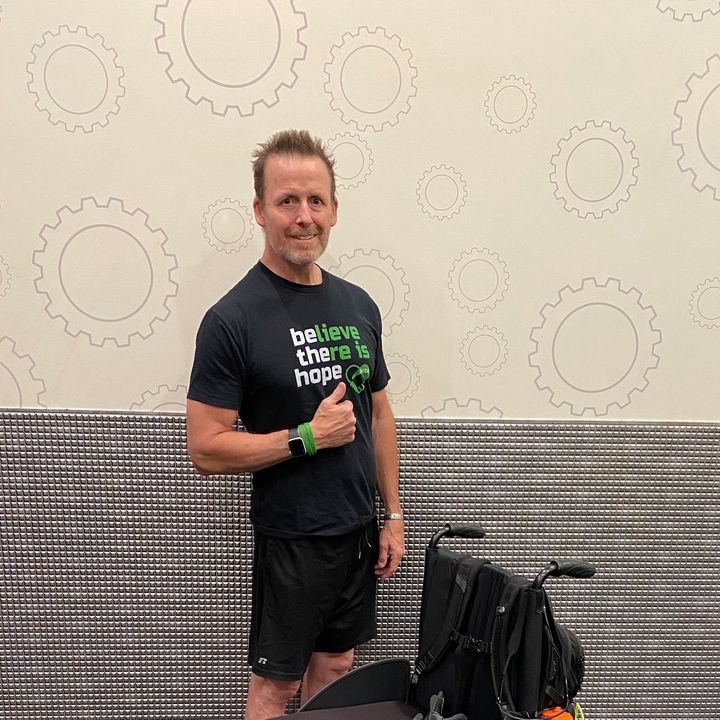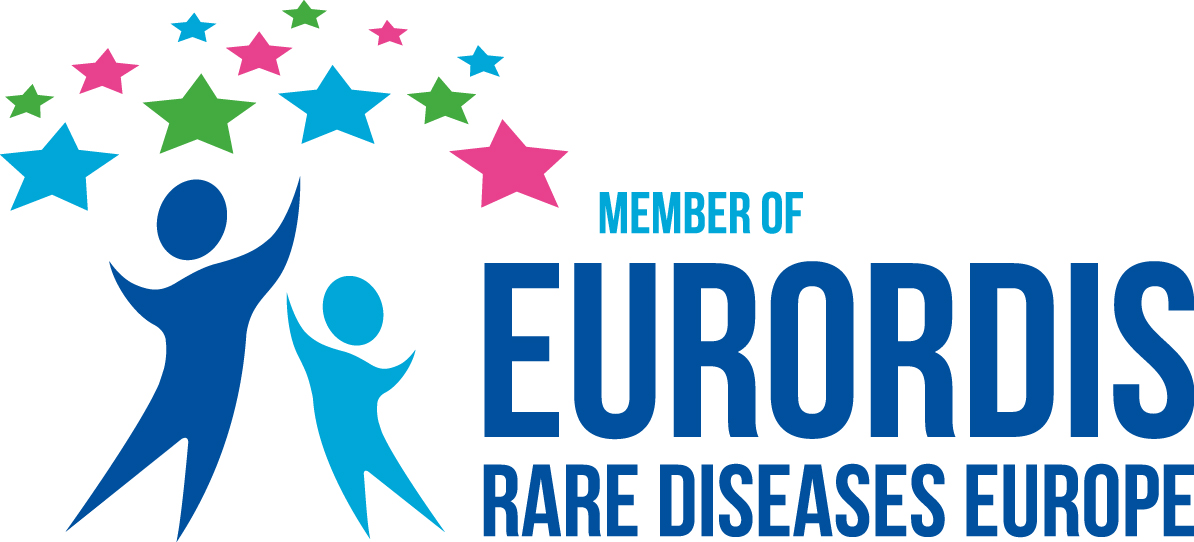
Superficial Siderosis Awareness Month is Here
Superficial Siderosis Awareness Month is Here
September has arrived, and the SSRA regional directors are working overtime on our Superficial Siderosis Awareness month campaign. As a result, the education articles are hitting inboxes, our social media feeds are humming, and our advocates are stepping up to spread the word about Superficial Siderosis. One look at the efforts of our Rocky Mountain region will show how a motivated regional director can make a difference.
Regional Director, David M. Dickson Jr, Rocky Mountain SSRA
In 1969, when David was ten months old, he experienced a Tonic-Clonic seizure (formally referred to as a grand mal seizure) from hydrocephalus. His surgeon performed a surgical procedure offered to children with obstructive or non-communicating hydrocephalus. Baby David came through the process with no complications. Still, during his elementary school years, he was diagnosed with unilateral right-sided high-frequency hearing loss.

After he experienced another Tonic-Clonic seizure in early 2002, he began a care plan for epilepsy. Unfortunately, David’s health issues continued until a stay in an Epilepsy Monitoring Unit in June 2017 exposed the hemosiderin present in his brain. A lumbar puncture later in the year confirmed there was no longer an active bleed, so David began chelation therapy for Superficial Siderosis in early 2018.
David had always enjoyed an active life. His attraction to fitness led him to become an ISSA Certified Personal Trainer and an American College of Sports Medicine certified personal trainer. His health may have sidelined him from working these past few years, but he used his knowledge to take control of his physical wellbeing.
David became certified as a personal trainer for the physically challenged this year. He now offers targeted training for wheelchair or other assistive device users, specializing in Multiple Sclerosis, Parkinson’s, and ataxia clients along with Superficial Siderosis. As a part-time wheelchair user, David understands the limitations of ataxia, impaired balance, and mobility.
Advocacy and Awareness Month

David hit the ground rolling from late August into early September. He began with a massive email campaign to physicians, rehab facilities, television stations, radio, and podcasters in the Denver area. David will connect with a larger audience by introducing himself and sharing how SS has affected his life. Early results from his efforts may lead to a guest spot on a local podcast and iHeart radio.
David has also been distributing our 2021 Information Brochures as he makes the rounds of Denver area hospitals and neurologists. With his hearing severely impaired now, he is always more comfortable with face-to-face interactions. In addition, he has reached out to local organizations that advocate for other neurodegenerative diseases and disorders. In the past, David has represented the SSRA at the State legislative level during Rare Disease Week in Denver and participated during this year’s legislative video conference.
Looking Ahead
In his spare time, David is developing his own podcast to focus on information, a healthy diet, and fitness for neurological disorders. Superficial Siderosis shares many of the same problems and symptoms with other rare disease and disorder groups. By featuring guests who can share their knowledge on these common topics, he hopes to draw attention from this larger audience to Superficial Siderosis.
3 thoughts on “Superficial Siderosis Awareness Month is Here”
Leave a Reply
You must be logged in to post a comment.



Thank you for all the hard work you are doing.
My husband was diagnosed with superficial Siderosis in December of 2018. We have no idea where or when he began to bleed. He is 70 years old. He began with tinnitus and difficulty hearing in the 1990s. I finally convinced him to get hearing aids which culminated in a failed cochlear implant in 2012. Sometime before that, maybe some years, he also lost his sense of taste and smell. He was never able to understand speech and the processor only made the music in his own head louder. He stopped wearing the processor altogether in 2019. Shortly after the implant was placed he began feeling unsteady and off balance. We thought it was an inner ear problem. He was working until January 2018 when he began having tonic clonic seizures which landed him in the hospital for a month. He falls constantly, has tremors, is on medication for seizures and depression, etc. and he has some dementia. Surprisingly, he can still play chess and win but he doesn’t play as expertly as in the past. In his former life he was an expert in turbulence ( almost 100 publications) and has a PhD in physics. No longer. I admire your ability to exercise and persevere, David. I cannot get my husband to do that. I have tried. He used to walk a few miles every day during hus lunch break and we enjoyed walking and hiking in the weekends.
Margaret, thank you for sharing your husband’s story! It’s obvious you are a strong woman! Your husband’s story resembles mine. It sounds like he may be experiencing more intense symptoms than I currently do. However, that may be a result of aging. I would be happy to engage in private dialogue if you and your husband are interested. I am a Personal Trainer so helping your husband with exercise is something I could play a part in.
David